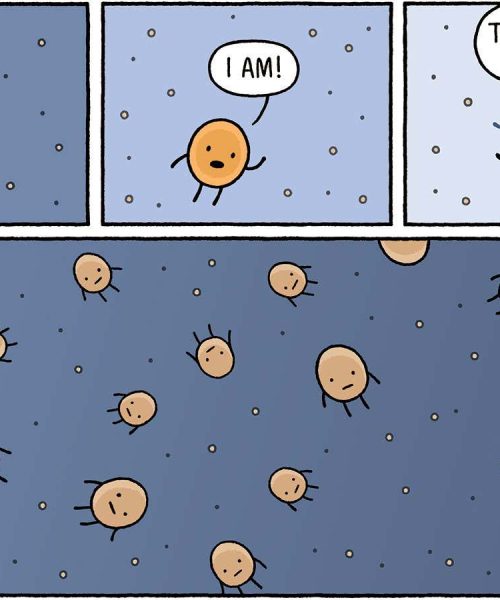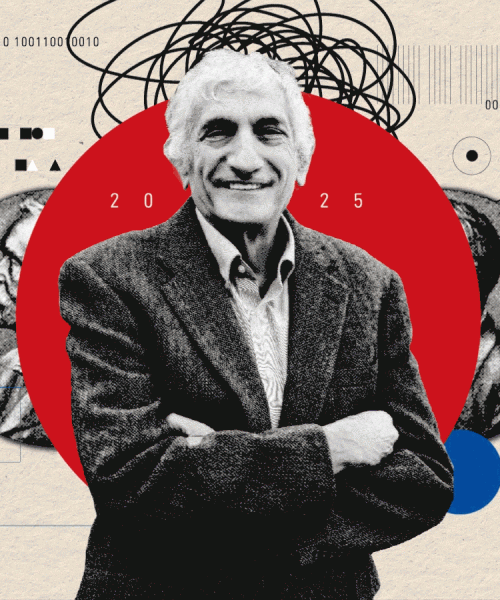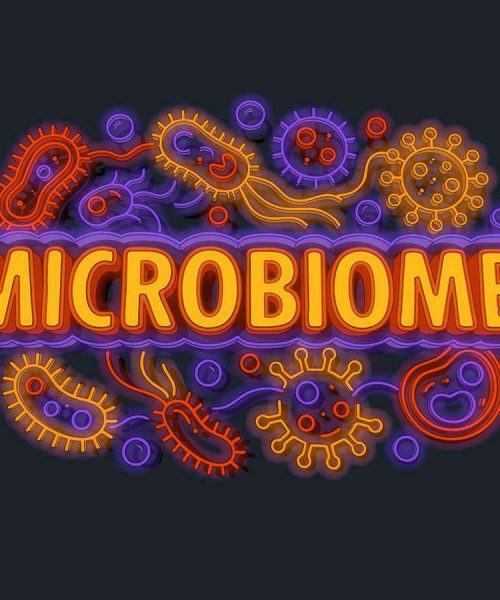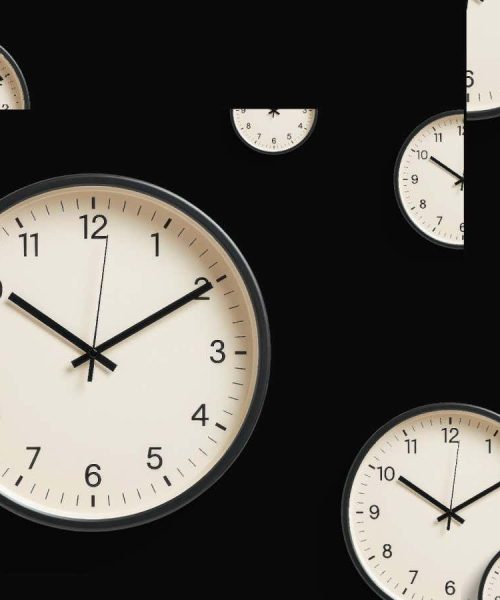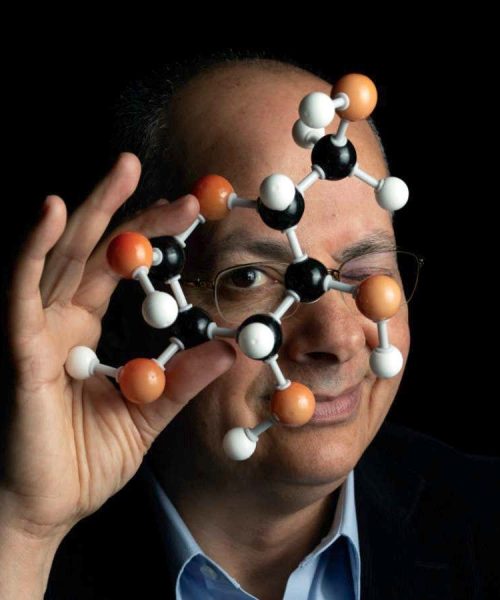
Marcos Montiel
“I only drink coffee on days ending in y,” so the saying goes. If this mantra applies to you, welcome to the club. Coffee’s best-known component, caffeine, is estimated to be the most widely used psychoactive drug in the world, with billions of people consuming it every day. But unlike other addictive substances, it is largely unregulated, and nobody would flinch at the idea that you might struggle to function without it from the moment you wake up.
Coffee lovers might be on to something, with a slew of studies showing that, taken in the right way, caffeine can improve many things, not least your cognitive abilities and alertness. What’s more, your pursuit of a Java pick-me-up may bring a host of related health benefits. Yet not all sources of caffeine are viewed equally. In recent months, its health risks, especially when in energy drinks, have been in the spotlight again. In June, the UK Labour party, which now forms the country’s government, pledged to ban the sale of these drinks to children under 16 due to their “dangerously high” caffeine content. This comes hot on the heels of a comprehensive report called The Dark Side of Energy Drinks, which documents cases of people who ended up with severe health issues after consuming them.
Dosing is another concern. We don’t all respond to it…
